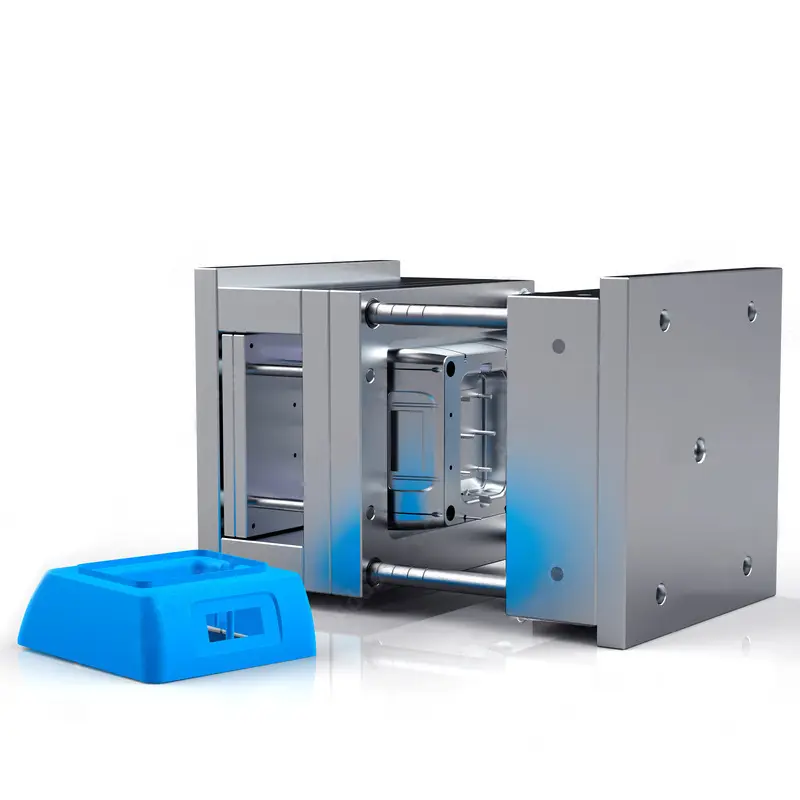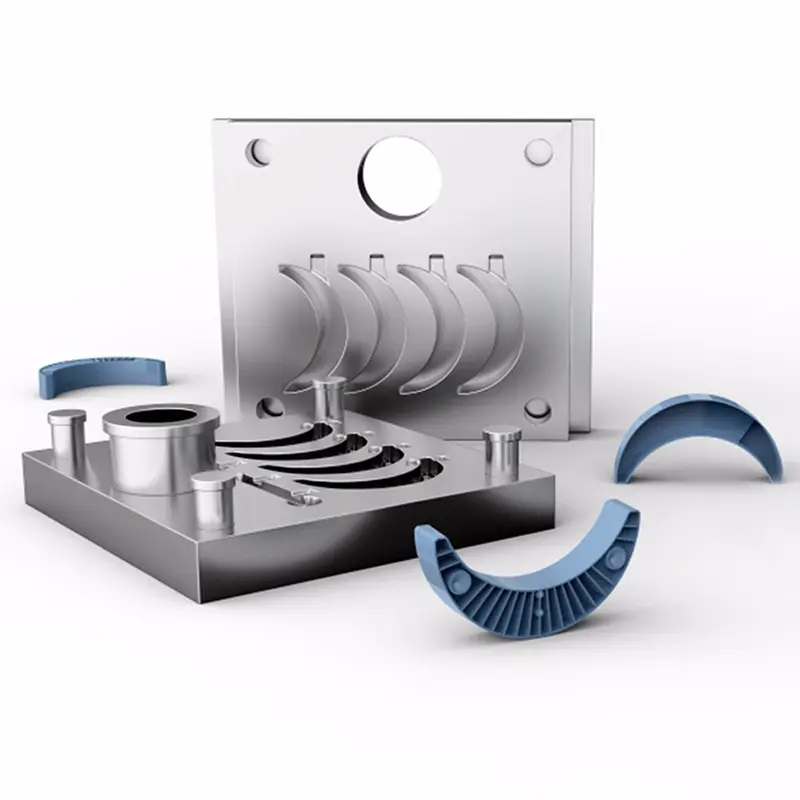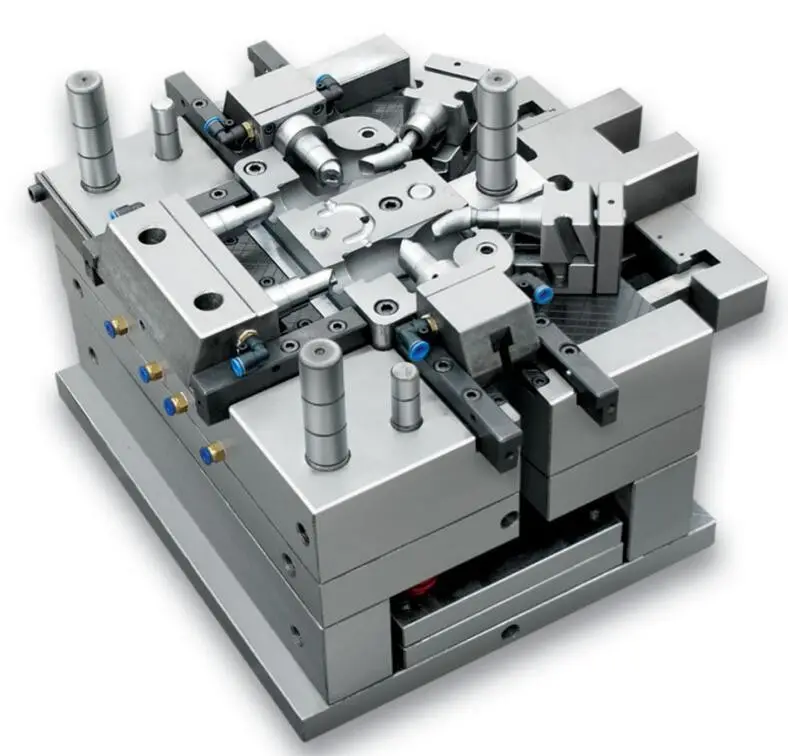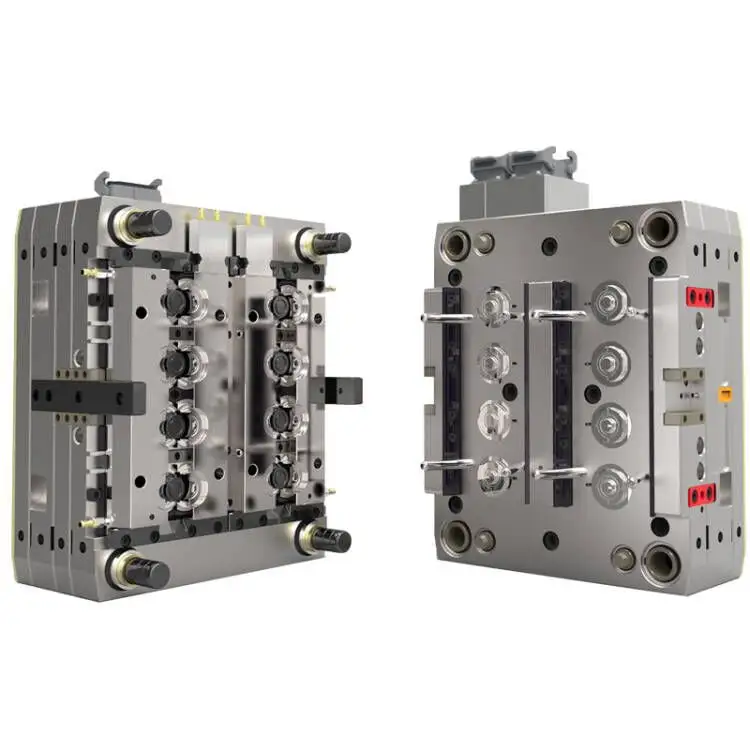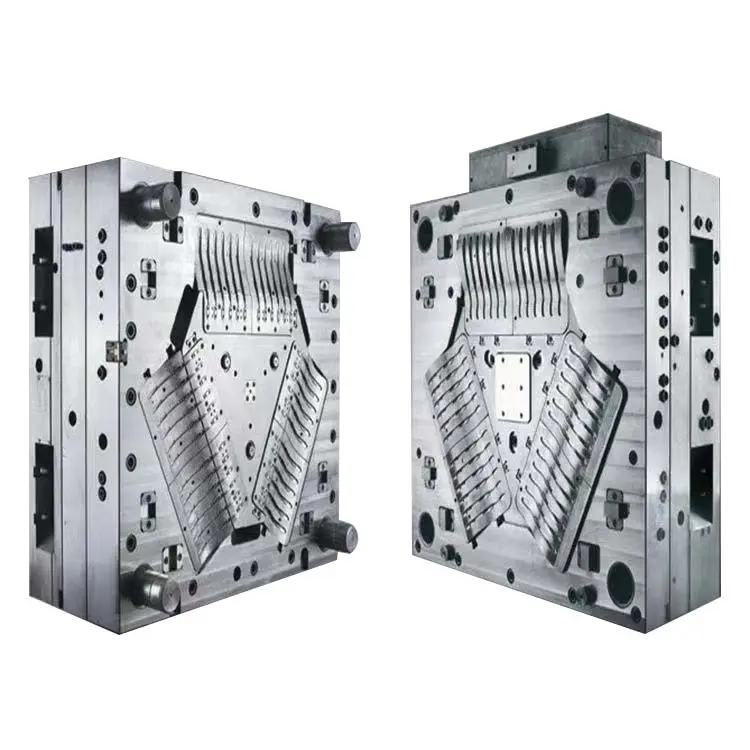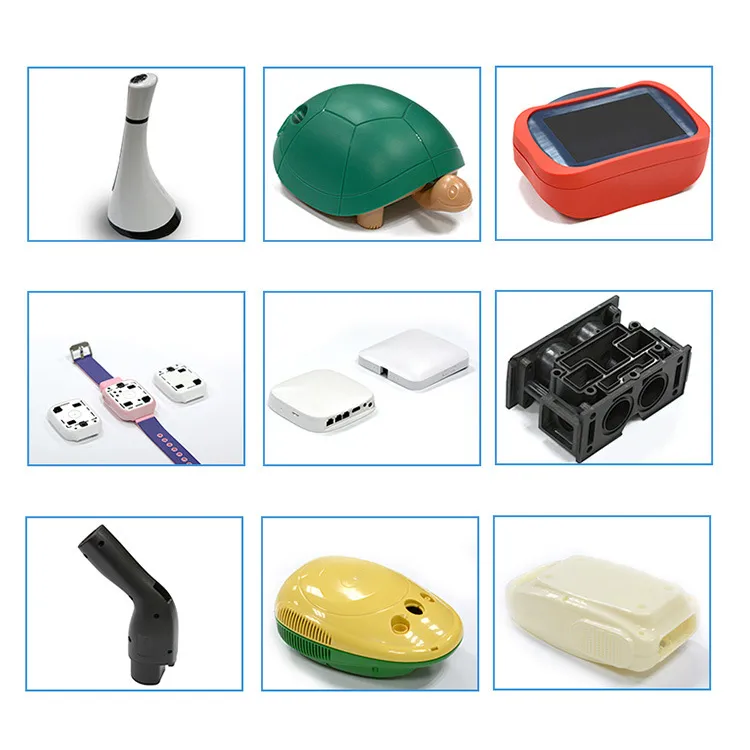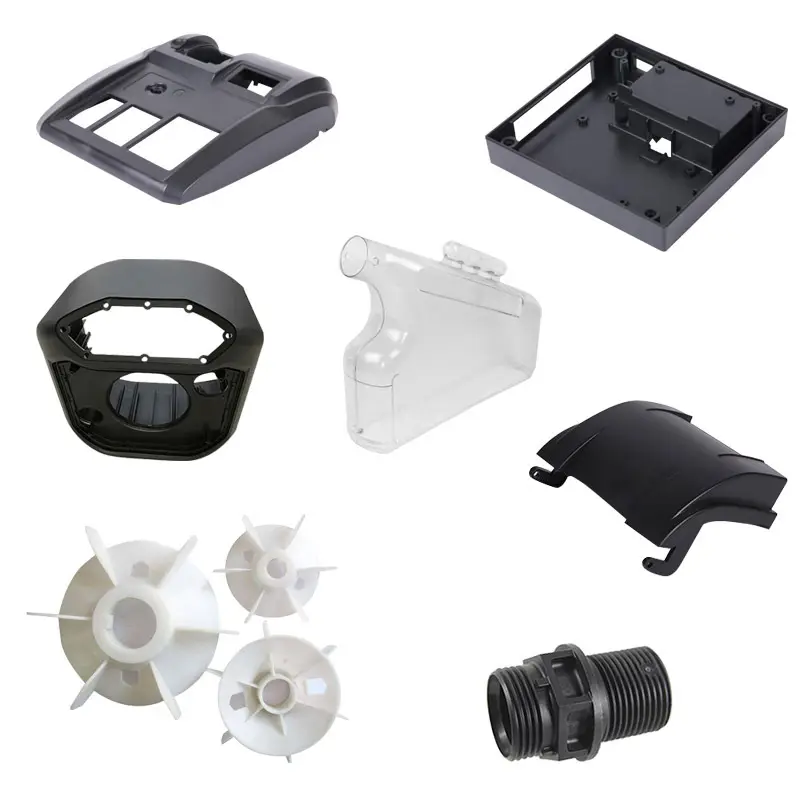In the manufacturing industry, choosing the right production process is crucial for achieving high-quality products efficiently and cost-effectively. Elite, a leading injection molding manufacturer, offers insights into two popular manufacturing processes: die casting and injection molding. This article explores the pros and cons of each method, helping you make an informed decision for your production needs.
Understanding Die Casting and Injection Molding
Both die casting and injection molding are processes used to manufacture parts by injecting material into a mold. However, they differ significantly in terms of materials, applications, and production processes.
What is Die Casting?
Die casting is a metal casting process that involves forcing molten metal under high pressure into a mold cavity. The molds, also known as dies, are typically made of steel and are used to produce metal parts with intricate shapes and high dimensional accuracy.
Pros of Die Casting
- High Precision and Surface Finish: Die casting produces parts with excellent dimensional accuracy and smooth surface finishes, reducing the need for additional machining.
- Strength and Durability: Parts made from die casting are strong and durable, making them suitable for high-stress applications.
- Efficient Mass Production: Die casting is ideal for high-volume production runs, offering cost advantages due to economies of scale.
- Versatile Material Options: A variety of metals can be used in die casting, including aluminum, zinc, magnesium, and copper alloys.
Cons of Die Casting
- High Initial Costs: The cost of die molds and the machinery required for die casting can be high, making it less cost-effective for low-volume production.
- Limited Material Flexibility: Die casting is limited to metals, restricting its use in applications where plastics or other materials are preferred.
- Post-Processing Required: Some die-cast parts may require additional finishing processes to achieve the desired specifications, adding to the overall cost and production time.

Was ist Spritzgießen?
Injection molding is a process used to produce plastic parts by injecting molten plastic into a mold. The mold is designed to create parts with complex shapes and is used to manufacture a wide range of products, from consumer goods to automotive components.
Pros of Injection Molding
- Wide Range of Material Options: Injection molding can be used with a variety of plastics, including thermoplastics, thermosetting plastics, and elastomers.
- High Efficiency and Low Waste: Injection molding is an efficient process that produces minimal waste, making it a cost-effective option for high-volume production.
- Versatility in Design: The process allows for complex and intricate part designs, enabling the production of detailed and intricate shapes.
- Consistency and Repeatability: Injection molding ensures high consistency and repeatability, making it ideal for producing large quantities of identical parts.
Cons of Injection Molding
- High Initial Tooling Costs: The cost of creating injection molds can be high, particularly for complex parts, which can be a barrier for small-scale production.
- Material Limitations: While injection molding offers a wide range of material options, it is limited to plastics and cannot be used for metal parts.
- Long Lead Times for Tooling: The process of designing and manufacturing molds can be time-consuming, leading to longer lead times for production.

Comparing Die Casting and Injection Molding
When deciding between die casting and injection molding, several factors must be considered, including the material, production volume, cost, and the specific requirements of the final product.
Auswahl des Materials
- Die Casting: Best for metals like aluminum, zinc, and magnesium.
- Injection Molding: Best for plastics, including both thermoplastics and thermosetting plastics.
Production Volume and Cost
- Die Casting: More cost-effective for large production runs due to the high cost of dies.
- Injection Molding: Suitable for both small and large production runs, though initial tooling costs can be high.
Application and Product Requirements
- Die Casting: Ideal for high-strength parts that require excellent dimensional accuracy and surface finish.
- Injection Molding: Versatile in producing parts with complex shapes and intricate details, suitable for a wide range of industries.
The Elite Advantage
As a leader in injection molding, Elite offers expertise and advanced technology to help you choose the best manufacturing process for your needs. Our team is dedicated to providing high-quality parts and components, leveraging the advantages of injection molding to meet your specific requirements.
Why Choose Elite?
- Fachwissen und Erfahrung: With years of experience in injection molding, Elite offers deep industry knowledge and technical expertise.
- Advanced Technology: We use state-of-the-art machinery and technology to ensure the highest quality and precision in our products.
- Customer-Centric Approach: Elite is committed to understanding your unique needs and providing tailored solutions to achieve your production goals.
Schlussfolgerung
Both die casting and injection molding have their unique advantages and are suitable for different applications. Die casting is ideal for metal parts requiring high strength and precision, while injection molding offers versatility and efficiency in producing plastic parts. By understanding the pros and cons of each process, you can make an informed decision that best suits your project’s requirements.
Elite is here to support you in choosing the right manufacturing process and delivering high-quality products that meet your needs. Contact us today to learn more about our injection molding services and how we can assist with your next project.

